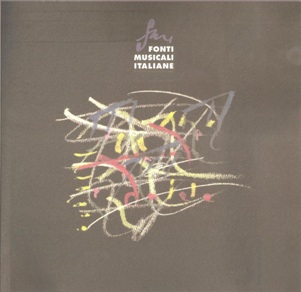Attività concertistiche nella Roma preunitaria. Avvio di una cronologia e primi risultati
Abstract
Concert activity in nineteenth-century Rome. A chronology and first results
A complete identification of concert activity in 19th-century Rome prior to the unification of Italy is still lacking today.
This paper proposes to fill the gap, even if only by offering the synthesis of a more extensive chronology not yet completed. Our research has concentrated on the study of primary sources – public and private archives and the press – without however neglecting the contribution of later literary criticism. In particular, consultation of archives has brought to light various concert and theatre programmes and a considerable number of authorizations for concerts granted both by the Vicariate Law Court and by Police Headquarters, sometimes accompanied by a manuscript summary of the pieces performed or by printed programme notes.
The examination of a considerable number of newspapers (approximately twenty), proved a source of abundant information not only on the concerts programmed but also on the musical expectations of the Roman public. In this way it has been possible to ascertain that in nineteenth-century Rome very different conceptions of ‘music’ succeeded one another, but also coexisted: from archaic functions of ritual and convivial ornament, or educational elements of humanistic nature of the young nobility, to more modern roles like that of opera or of concerts as aesthetic events.
The field of research progressed and passed from a simple chronological reconstruction to an account of the public’s response to music.
The prospect offered by the new documentary acquisitions led us to reconsider the prejudicial outlook assumed by a greater part of the critical literature of the last century influenced in this sense by nineteenth-century comments according to which the isolation and cultural backwardness of Rome would only be overcome with its transformation into the capital of a new unified state. It was in fact evident that a similar viewpoint, taking 1870 as the watershed-date between backwardness and modernity, did not render justice to the musical competence of the public of that time nor give due weight to the complexity and stratification of musical culture in nineteenth-century Rome.
Downloads
Published
Issue
Section
License
© CIDIM
Tutti i diritti riservati


